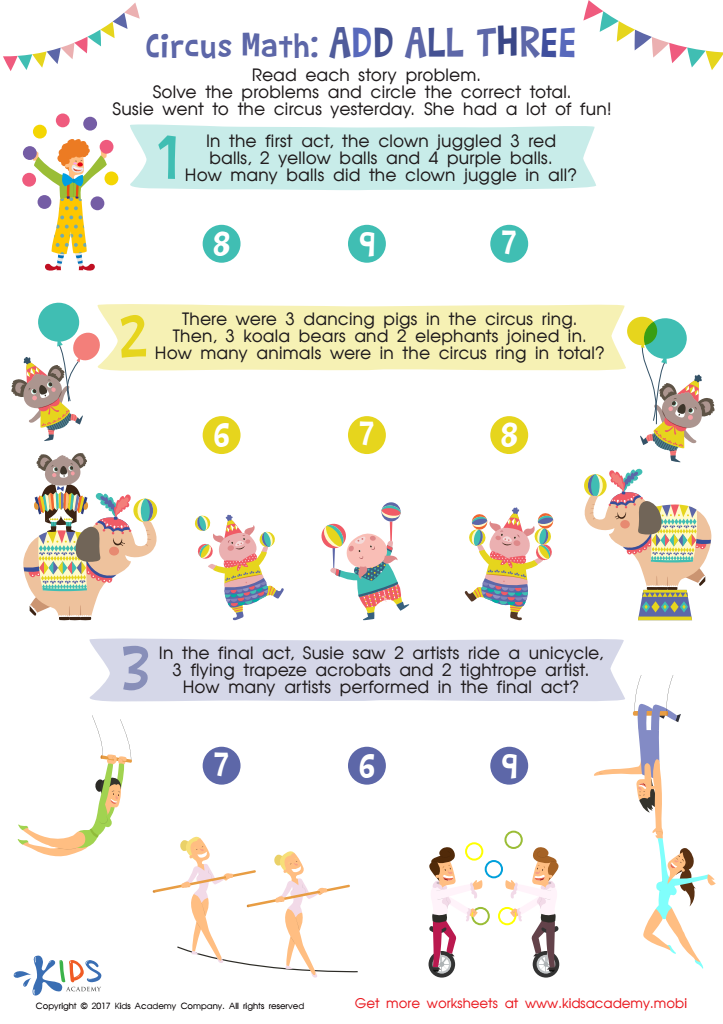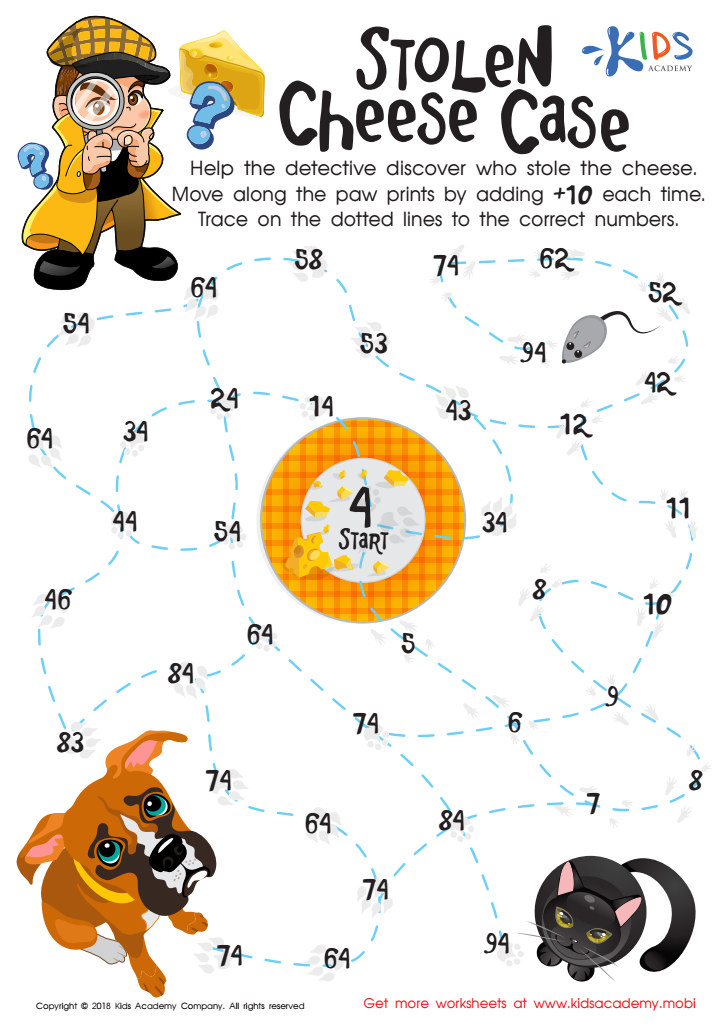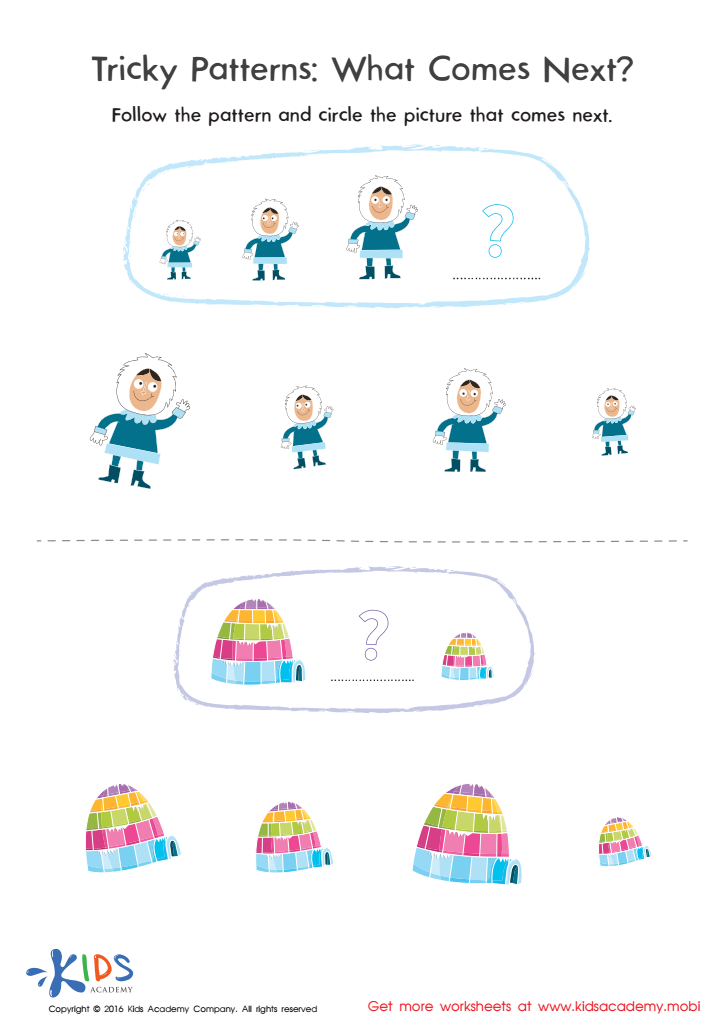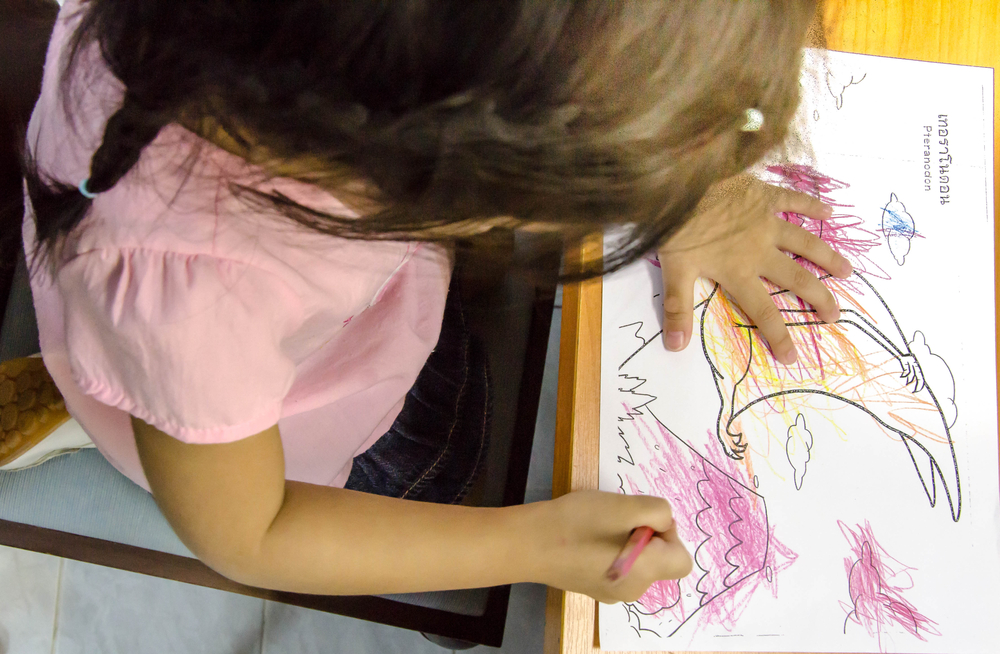Logic development Worksheets for Kids
4 filtered results
-
From - To


Circus Math Printable


Stolen Cheese Case Maze Worksheet


Tricky Patterns Size Worksheet
Question/Answer
How to test a Grade 1 student’s Logic development skills?
To test a Grade 1 student's logic development skills, employ age-appropriate puzzles and problem-solving activities such as simple pattern recognition, basic sequencing tasks, sorting shapes or objects, and easy logic-based questions. These exercises can help gauge their ability to understand relationships, sequences, and cause and effect, highlighting their logical reasoning abilities at an early age.
What does the Logic development skill mean when it comes to Grade 1 Addition & Subtraction learning?
Logic development in the context of Grade 1 Addition & Subtraction involves teaching children the foundational reasoning skills required to understand and apply basic mathematical principles. This includes recognizing patterns, forming and testing hypotheses, and developing problem-solving strategies that help students grasp the concepts of adding and subtracting numbers within their cognitive development stage.
Why is the Logic development skill important for Grade 1 students?
Logic development is crucial for Grade 1 students as it forms the foundation for critical thinking, problem-solving, and understanding mathematics. Early development of this skill helps children grasp basic concepts more easily, enhances their ability to follow logical sequences, and improves their decision-making capabilities. It sets the stage for academic success and effective daily life problem-solving.
 Assign to the classroom
Assign to the classroom






.jpg)






